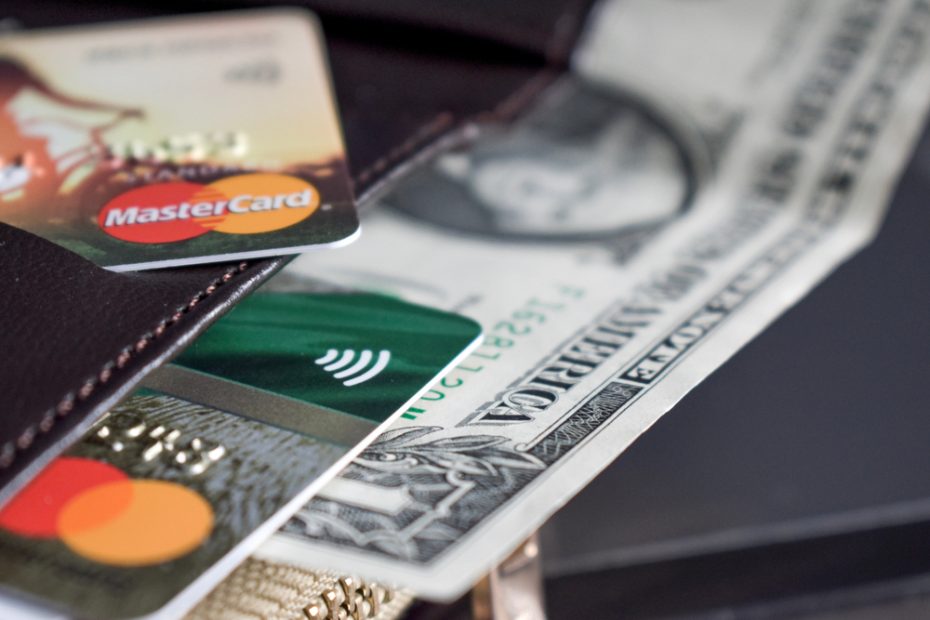Apply for An Online Merchant Account
Merchant accounts are required for businesses to accept both credit and debit payments. These financial accounts play the valuable role of letting funds be transferred from card-issuing banks
How We Can Help With Merchant Accounts
Merchant accounts are vital for any business that works exclusively online. Some reasons why merchant accounts are necessary include:
- Accept more payment types. Merchant accounts let businesses accept payments from credit cards, debit cards, and other online methods.
- Banks reject various kinds of merchants. eMerchantBroker offers merchant accounts to a wider range of businesses than banks. Whether it’s high chargebacks, irregular ticket sales, or large transactions, banks reject a wide range of merchants.
- Various services offered. We help merchants who want to safely and securely process credit card payments for merchant accounts. We offer assistance to businesses whether their services are mail order/telephone order (MOTO), or internet-based.
- Affordable rates. EMB offers affordable rates for credit processing. To help businesses save on costs, we also offer ACH processing, secure payment gateways, and programs to reduce chargebacks.
- Up-to-date information. Credit card processing regulations are complex. Our staff works hard to provide clients with up-to-date and accurate information.
- Proven platform. We’ve constructed a platform designed to work for you. We add new features all the time to meet our client’s unique needs.
- Strong support. We provide some of the best support in the industry to our customers.
Proven Tips for Protecting Merchant Accounts
Some of the proven strategies that businesses can follow to protect merchant accounts include the following:
- Ensure PCI compliance. Financial entities have created a standard security level, the Payment Card Industry (PCI), that merchants must follow. Merchants must follow PCI to ensure that certain security standards are met.
- Monitor security alerts. Businesses should routinely check account providers to observe whether any security alerts exist regarding activities like withdrawals, logins, or fraud. If fraud alerts exist, businesses should remain observant.
- Look out for e-commerce activity. Hackers are more likely to run e-commerce fraud in multiple groups of fraudulent activity than at retail stores.
- Prevent chargebacks. A large number of chargebacks can be difficult for merchants because businesses can end up losing money from chargebacks. Implementing strategies to reduce chargebacks is critical for merchants.
Avoiding Chargebacks with Merchant Accounts

Substantial chargebacks are a common reason why merchant accounts are denied. You can follow several steps to avoid chargebacks:
- Request that complaints be brought up with merchants rather than issue banks. Offering customers all possible contact details and great customer service help to ensure this happens. Merchants should also have easy-to-understand shipping and return policies.
- Request the issuing bank’s name. Merchants should request this detail from customers. A red flag should be raised if customers won’t provide this data.
- Send confirmation emails. These emails should be both automated and include invoices. If a product is purchased, an additional email should be sent.
- Make sure customers know your business will appear on bills. Some businesses understandably want to remain discrete. Despite this, businesses should make sure customers know how transactions will read on bills.
Important Issues When Obtaining a Merchant Account

Before obtaining a merchant account, businesses should ask some important questions about associated fees. Some critical questions to ask include:
- How long are deposits held?
- What additional fees are charged?
- What are the monthly fees for an average merchant?
- What is the buy-out cost for contracts?
- What type of customer service is provided?
- Will your end-to-end payments be PCI compliant?
At EMB, we understand your business has unique needs. That’s why we offer unique solutions.
Merchant Accounts in High-Risk Industries
We focus on offering merchant account services to high-risk merchants. Some of the most common industries in which our clients are involved include:
- Adult entertainment
- Antiques and collectibles
- Credit repair
- Debt consolidation
- Direct sales and MLM
- E-cigarettes and smoking
- Education
- Fashion
- Firearms
- Furniture
- Gaming
- Jewelry
- Luxury goods
- Magazine subscriptions
- Motor vehicle parts
- Nutraceuticals
- Precious metals
- Sports betting
- Tech support
Reasons To Think Twice About Merchant Accounts with Banks
Many banks offer merchant accounts, but there are several reasons why businesses should think carefully about pursuing these options. Some reasons to think twice about banks include high-risk clients are often denied by banks, fixed prices for bank services, credit card brands might not be available at banks, and monthly caps on credit card processing volume.
Paperwork Needed for a Merchant Account

We strive to make the application process for merchant accounts as simple as possible. In addition to applications, candidates should provide the following documentation:
- Valid identification
- Three months of bank statements
- Three months of processing statements
- A Social Security or Employer Identification Number
- A secure working website
- A less than 2% chargeback ratio
- A voided check or bank letter
While approvals are not guaranteed, EMB promises a fair process. Eligible merchants receive an approval within 24 to 48 hours.


